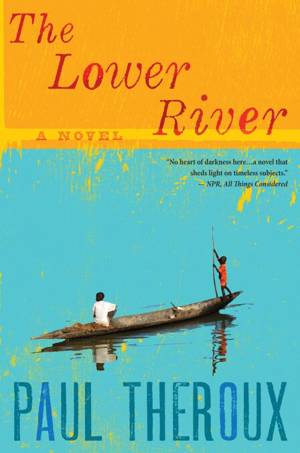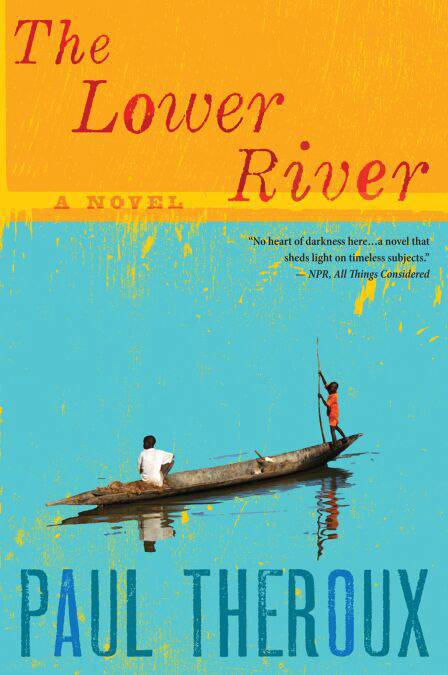
- Afhalen na 1 uur in een winkel met voorraad
- Gratis thuislevering in België vanaf € 30
- Ruim aanbod met 7 miljoen producten
- Afhalen na 1 uur in een winkel met voorraad
- Gratis thuislevering in België vanaf € 30
- Ruim aanbod met 7 miljoen producten
Zoeken
Omschrijving
“[Hock] knows he is ensorcelled by exoticism, but he can’t help himself. And, as things go from bad to worse and the pages start to turn faster, neither can we. A.”—Entertainment Weekly
When he was a young man, Ellis Hock spent four of the best years of his life with the Peace Corps in Malawi. So when his wife of forty-two years leaves him, he decides to return to the village where he was stationed in search of the happiness he’d been missing since he left. But what he finds is not what he expected. The school he built is a ruin, the church and clinic are gone, and poverty and apathy have set in among the people.
They remember Ellis and welcome him with open arms. Soon, however, their overtures turn menacing; they demand money and refuse to let him leave the village. Is his new life an escape or a trap?
“Theroux’s bravely unsentimental novel about a region where he began his own grand career should become part of anybody’s education in the continent.”—Washington Post
“The Lower River is riveting in its storytelling and provocative in its depiction of this African backwater, infusing both with undertones of slavery and cannibalism, savagery and disease.”—New York Times Book Review
When he was a young man, Ellis Hock spent four of the best years of his life with the Peace Corps in Malawi. So when his wife of forty-two years leaves him, he decides to return to the village where he was stationed in search of the happiness he’d been missing since he left. But what he finds is not what he expected. The school he built is a ruin, the church and clinic are gone, and poverty and apathy have set in among the people.
They remember Ellis and welcome him with open arms. Soon, however, their overtures turn menacing; they demand money and refuse to let him leave the village. Is his new life an escape or a trap?
“Theroux’s bravely unsentimental novel about a region where he began his own grand career should become part of anybody’s education in the continent.”—Washington Post
“The Lower River is riveting in its storytelling and provocative in its depiction of this African backwater, infusing both with undertones of slavery and cannibalism, savagery and disease.”—New York Times Book Review
Specificaties
Betrokkenen
- Auteur(s):
- Uitgeverij:
Inhoud
- Aantal bladzijden:
- 336
- Taal:
- Engels
Eigenschappen
- Productcode (EAN):
- 9780547746913
- Verschijningsdatum:
- 21/05/2012
- Uitvoering:
- E-book
- Beveiligd met:
- Adobe DRM
- Formaat:
- ePub

Alleen bij Standaard Boekhandel
+ 9 punten op je klantenkaart van Standaard Boekhandel
Beoordelingen
We publiceren alleen reviews die voldoen aan de voorwaarden voor reviews. Bekijk onze voorwaarden voor reviews.











